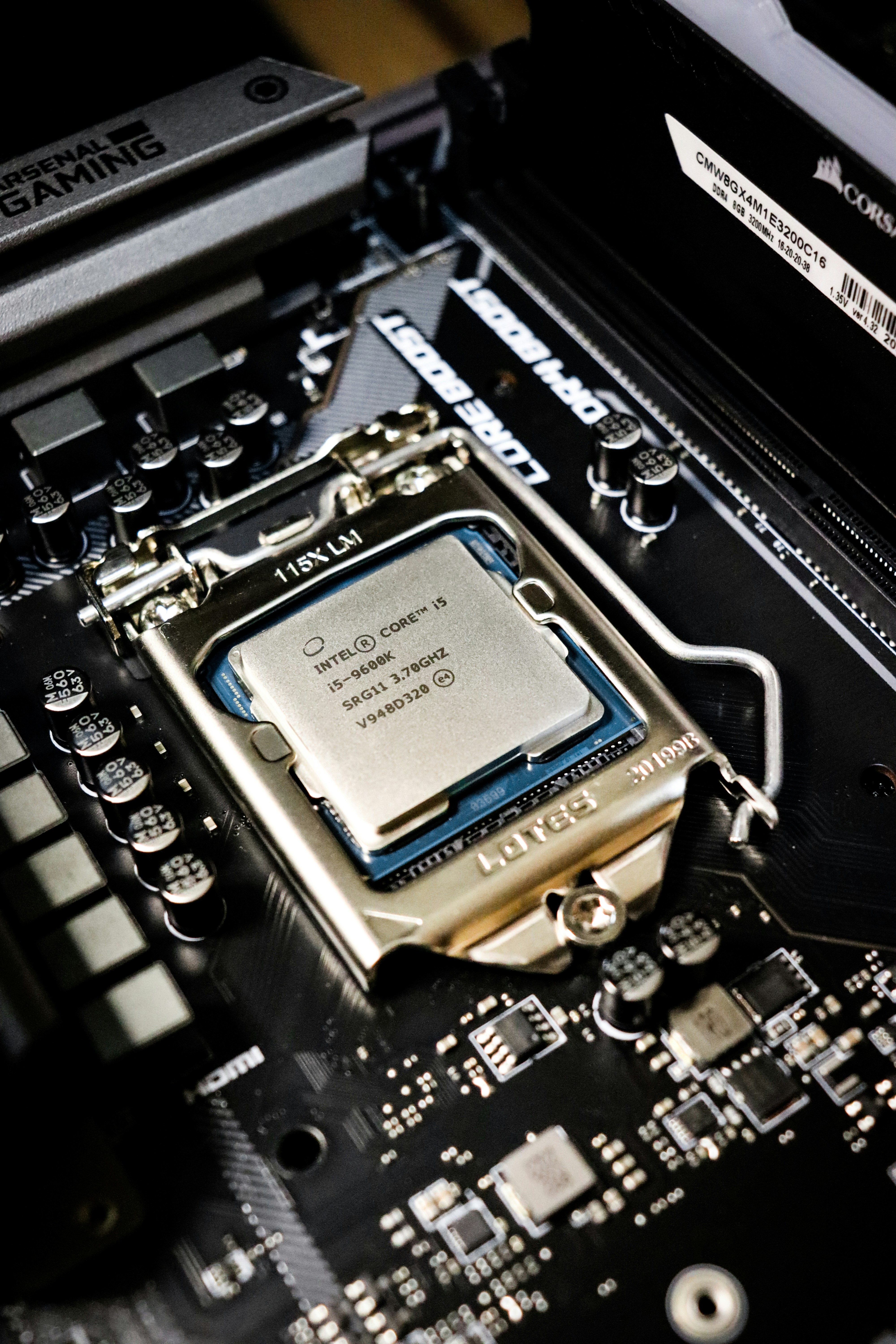What happened last week?
US
- America’s banking giants kicked off earnings season with a bang.
- Broadcom forged a blockbuster data centre deal with OpenAI.
Europe
- ASML reported a boost in demand for its most advanced chipmaking equipment.
Asia
- TSMC posted record profit, fuelled by the AI boom.
- Chinese exports surged in September, despite US tariffs.
Why It Matters
Wall Street heavyweights left investors feeling happy. JPMorgan posted a 12% profit jump, helped by a rebound in trading and investment banking – enough to bump up its full-year guidance. Goldman Sachs saw profits climb 37%, thanks to increased dealmaking and a solid run from its asset and wealth managers. Wells Fargo’s 9% profit rise came alongside a higher return-on-equity target, after regulators lifted a cap on its assets. Finally, Citigroup surprised with a 23% profit boost and upbeat forecasts across all five divisions – a rare all-round win.
Broadcom signed a multiyear agreement with OpenAI to provide custom chips and components for the ChatGPT maker’s next wave of data centres, beginning in 2026. The chips, designed specifically for AI workloads, will give OpenAI more control over performance and cost as it races to expand its computing power. Investors cheered the news, sending Broadcom’s stock up nearly 10% and adding over $150 billion to its market value. Still, questions remain over how OpenAI plans to fund its blistering spending spree.
ASML delivered solid third-quarter results, riding a wave of AI-fuelled demand for its most advanced chip-making machines. Net bookings beat predictions, and growing interest from chipmakers – including giants like TSMC and Samsung – helped offset weaker sales of older models.
Chinese demand is set to fall sharply next year because of export restrictions and a post-boom slowdown, ASML sees its overall sales holding steady. It’s sticking with its ambitious 2030 growth target, too.
TSMC raised its 2025 sales growth target for the second time this year. It now sees revenue climbing in the mid-30% range, thanks to hotter-than-projected demand for AI chips. The world’s top contract chipmaker – and key supplier to Nvidia, Apple, and AMD – saw its profit surge 39% last quarter to hit a record, despite worries about geopolitical tensions and global expansion costs. The firm is now boosting its investment plans, earmarking at least $40 billion next year to ramp up cutting-edge production capacity in the US, Europe, and Japan.
China’s export engine revved up unexpectedly in September, with shipments growing at over 8% – the fastest pace in six months. That’s despite a 27% tariff-induced plunge in exports to the US. See, in a bid to sidestep those higher levies, China has been ramping up trade and rerouting goods to regions like Southeast Asia, the EU, Africa, and Latin America. Vietnam, in particular, saw Chinese imports jump nearly 25%. That flex could strengthen China’s position in high-stakes trade talks with the US, just as tensions rise again.
The Focus This Week: Sharing Intel
There will be no shortage of company earnings announcements this week, but Intel’s likely to grab the most attention. The US chipmaker’s stock has been on a blistering rally – rising 80% since early August – driven by a couple of key factors.
First, in just the past few months, Intel’s pulled in $15.9 billion in fresh capital by adding three heavyweight names to its shareholder roster: Nvidia, SoftBank, and the US government. Add in the recent sale of a 51% stake in its programmable chip unit, Altera, to private-equity firm Silver Lake, and Intel’s total haul this year climbs to $20.4 billion. That’s boosted Intel’s cash pile to a hefty $47 billion – enough to bankroll its big manufacturing investments for at least the next three years.
Second, Intel’s struck a strategic alliance with longtime rival Nvidia to co-develop chips for PCs and data centres. That’s a big deal: after being left in the dust, Intel’s finally found a way to tie its fortunes to the frontrunner’s growth. The duo says the partnership could eventually bring in $50 billion in revenue a year.
It’s too early for that to show up in Intel’s third-quarter numbers, but investors will be watching for signs that the turnaround is sticking – and for any hint that Intel might be gaining ground on chipmaking giant TSMC. Because while Intel’s playing catch-up, its rivals are still racing ahead.
Just this month, AMD struck a blockbuster deal with OpenAI that’ll see the ChatGPT maker deploy an eye-popping six gigawatts’ worth of AMD chips over multiple years. Broadcom followed up a few days later with a ten-gigawatt custom chip deal of its own. And last week, TSMC reported record quarterly profit, fuelled by the same AI wave. Nvidia’s data centre business alone pulled in more revenue last quarter than Intel’s managed in the past two years combined.
With so much at stake, Intel’s results this week are classified as need-to-know for investors. They could shed light on the chipmaker’s comeback story – and whether its bold bets might actually bridge the gap with its faster-moving rivals.


The Week Ahead
- Monday: China loan prime rate announcements, China economic growth (Q3), China retail sales and industrial production (September), China unemployment (September).
- Tuesday: Nothing major. Earnings: Netflix, 3M, Coca-Cola, GE Aerospace, General Motors, Philip Morris International, Verizon, Intuitive Surgical.
- Wednesday: Japan trade balance (September), UK inflation (September). Earnings: Tesla, AT&T, GE Vernova, Thermo Fisher Scientific, IBM.
- Thursday: Eurozone consumer confidence (October). Earnings: Intel, Blackstone.
- Friday: Japan inflation (September), Japan PMIs (October), UK PMIs (October), UK consumer confidence (October), UK retail sales (September), eurozone PMIs (October), US PMIs (October), US inflation (September), US consumer sentiment (October). Earnings: Procter & Gamble.
This document is provided to you for your information and discussion purposes only. It is not a solicitation for business or an offer to buy or sell any security or other financial instrument. Any information including facts, opinions, or quotations, may be condensed or summarised and are expressed as of the date of writing. The information may change without notice and Trusted Novus Bank (“TNB”) is under no obligation to ensure that such updates are brought to your attention. Past performance is not a guide to future performance.
